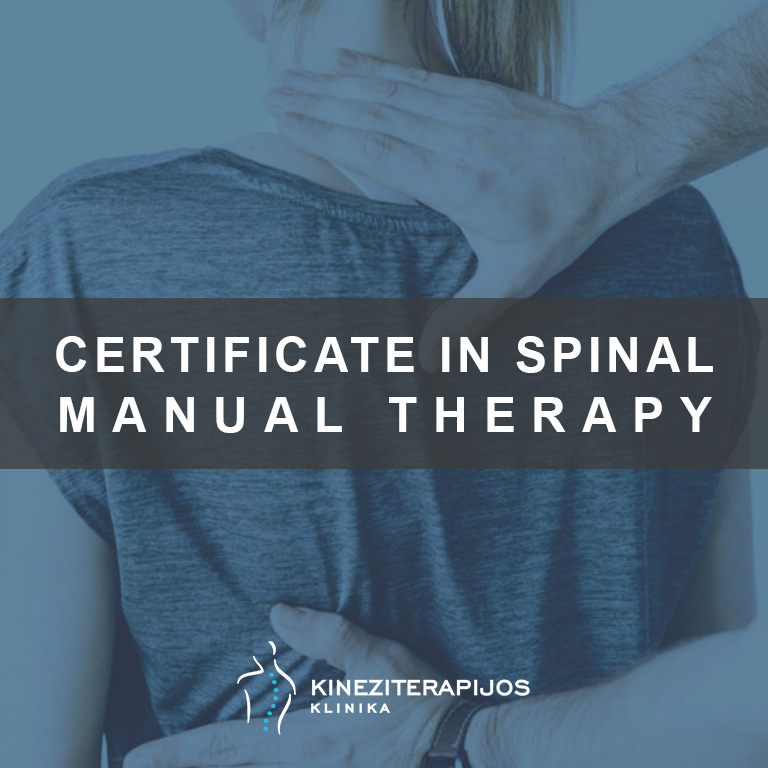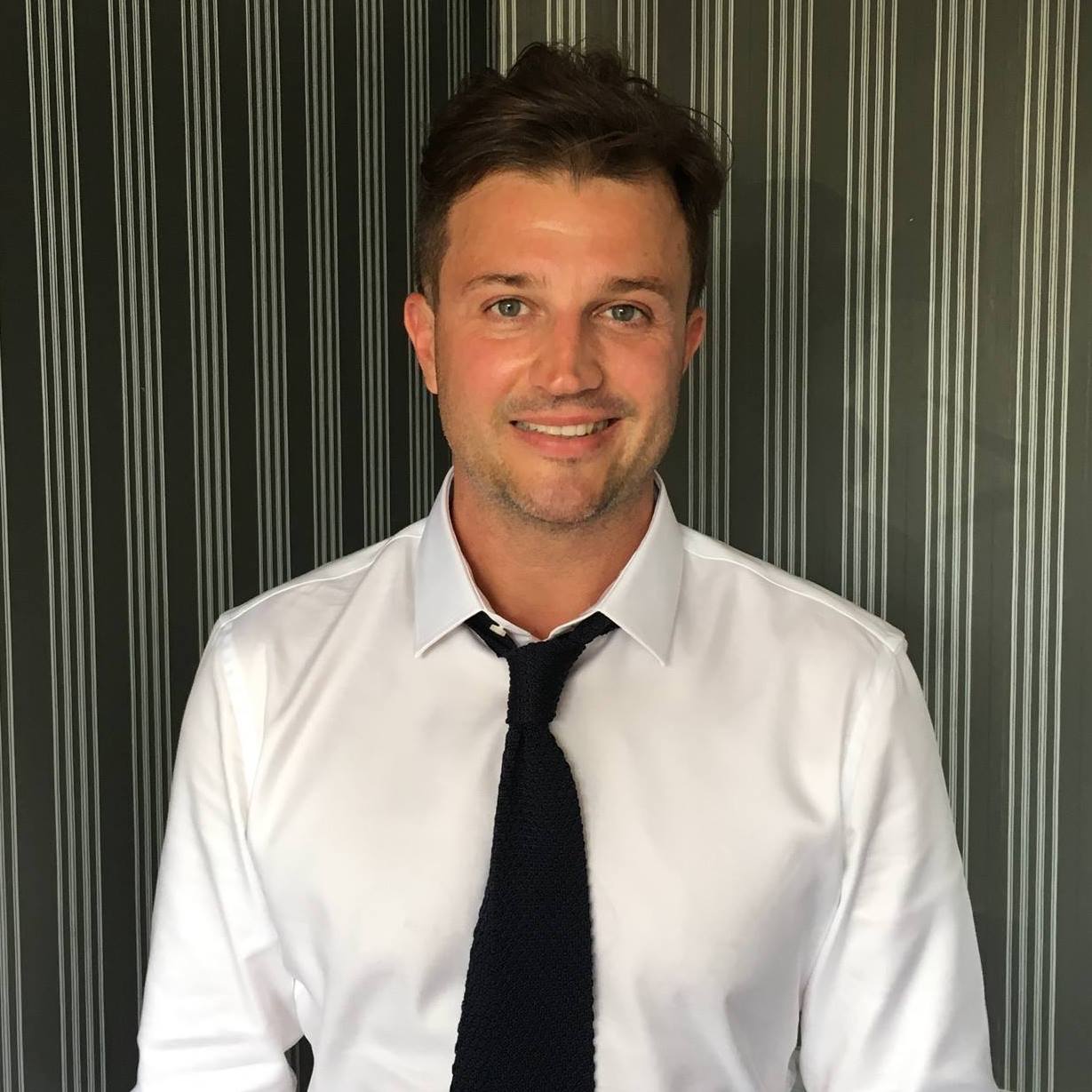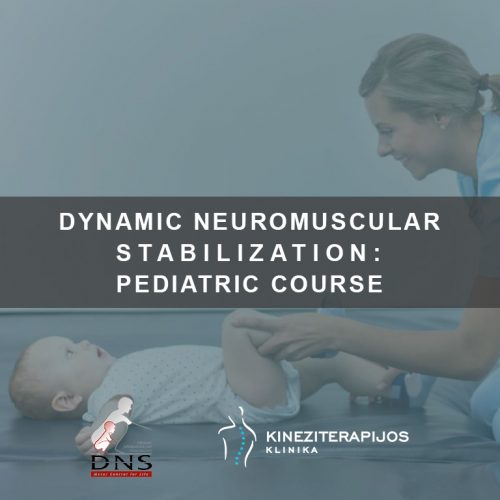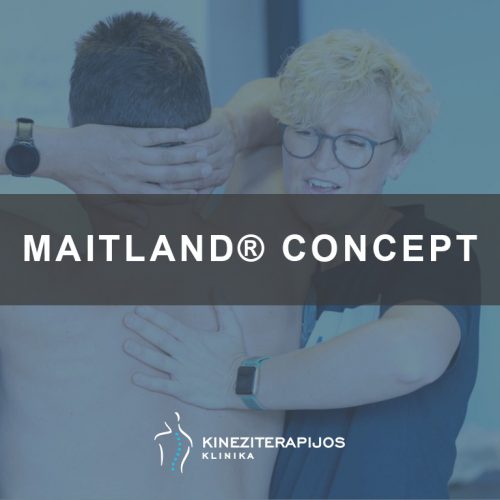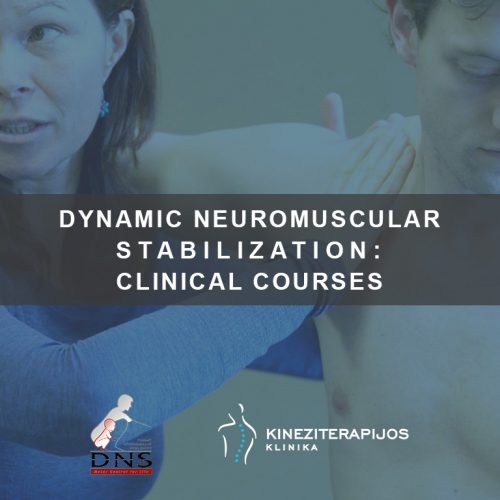Course overview:
This manual therapy programme is aimed at merging the examination of the joint, muscle and neural systems into an integrated wholistic examination procedure. We place strong emphasis on teaching clinicians the ability to perform an accurate and specific manual therapy examination of the spine and pelvis, which is based on current best evidence knowledge of anatomy, pathoanatomy, pathophysiology, and pain mechanisms.
The examination process developed by Manual Concepts draws on the work of many different concepts in manual therapy. We believe that an eclectic approach, drawing on different concepts of examination and treatment, provides a more realistic, effective approach to the management of a vast range of spinal pain disorders.
Joint system
As part of the assessment of the joint system we aim to teach a range of articular testing procedures to include pain provocative tests for specific structures as well as tests to determine specific motion segment dysfunction. A significant aspect of the assessment procedure is the use of combined movements. Equally important is the use of specific passive segmental motion testing and provocative tests for pain reproduction. Current research demonstrates that identification of joint hypo/hyper mobility and subsequent treatment based on this classification improves treatment outcomes.
Neural system:
Disorder of the neural system is commonplace in musculoskeletal pain disorders, and so examination of the neural system forms an essential element
of the physical examination. However not all neural disorders respond to neural mobilisation techniques. Hence it is essential that the treating clinician has a good understanding of the pathophysiological mechanisms underlying neural pain problems to understand how to effectively manage them. As part of the course a comprehensive overview of neural tissue pain disorders will be presented to enable differential diagnosis and classification of 3, treatment specific,
sub-classifications:
• Neuropathic pain with sensory hypersensitivity
• Peripheral nerve trunk sensitisation, and
• Neuropathic pain with nerve root compression (fascicular damage).
Assessment to identify these problems will be demonstrated and practiced. The clinical relevance of classifying will be presented, particularly in relation to management.
Muscle system
An emphasis of this programme is a functional approach to the assessment of the spinal motor control. As well we address the theoretical concept of spinal instability and the signs and symptoms that are commonly found on clinical examination of motor control impairment. It is important to recognize that not all patients require motor control retraining. There is ample evidence to suggest that only a small proportion of patient have instability. Treating all chronic low back pain patients with stabilization exercise through specific multifidus and transversus abdominis exercise is not appropriate and the literature shows this does not work. Determining which patients require motor control re-education is an important part of this programme. A systematic graded, functional approach to the management of patients with spinal motor control impairment will be taught.
A core principle of the programme is the ongoing analysis of the examination findings from the subjective and physical examination procedures. To ascertain an appropriate manual therapy diagnosis critical analysis is developed through clinical reasoning applied to specific case studies.
Who are these courses for?
- Physiotherapists;
- Chiropractors;
- Osteopaths;
- Manual Therapists;
- Medical Doctors.
Course is divided into 2 parts:
- Part 1: 4 day Lumbar spine course
- Part 2: 4 day Cervical and Thoracic spine course

